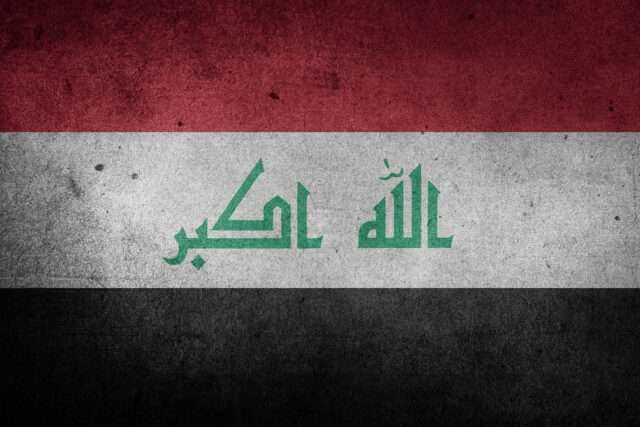
Author: Silvia Boltuc
Recent violent attacks in Iraq demonstrated that Islamic State continues to pose a severe threat to civilians and security forces, even though the government declared its ‘total defeat’ in 2017.
Geopolitical scenario
On December 19th, 2022, an Islamic State militants’ attack against the village of Albu Bali in the Khalis district administration of Diyala province caused the death of eight people and three injured villagers. Udai al-Hadran, a spokesman for the Khalis district administration, reported that local security forces started an operation to capture the terrorists.
In less than a week, the Islamic State conducted two deadly attacks in the country. On December 18th, 2022, Islamic State militants ambushed an Iraqi federal police unit in southern Kirkuk and killed at least nine security members.
On December 12th, 2022, Iraqi security forces launched a new operation against the Islamic State in Diyala province. Talib al-Musavi, commander of the pro-Iranian Hashd al-Shaabi militia operations in Diyala, reported that Iraqi security forces began their operation near the Narin River the day after the Iraqi air force killed four Islamic State members in the Hamrin mountain range.
In June 2014, Daesh terrorists captured the second largest city in Iraq, Mosul, the provinces of Salahaddin and Al-Anbar, as well as part of the provinces of Diyala and Kirkuk. Over the next few years, these areas of Iraq were liberated from terrorists. On December 9th, 2017, former Iraqi Prime Minister Haidar al-Abadi announced victory over Daesh.
Why does it matter?
- The Islamic State still threatens Iraqi security through terrorist attacks and militant recruiting. Although the Iraqi government announced victory over the Islamic State in 2017, over the past five years, the terrorist group has represented a constant problem for local security due to the activities of jihadist fighters focused mainly on the provinces of Kirkuk, Salaheddin, Mosul, Al-Anbar, and Diyala through violent attacks and improvised explosive devices (IEDs) explosion against security forces personnel, sabotage of electrical system structures, fires of agricultural territories, kidnappings and extortion.
- Domestic political crises and the difficult economic situation might create a fertile ground for terrorist recruitment in Iraq. The 2021 Parliamentary elections caused internal friction since political parties could not form a coalition government. In addition, Iraq faced an internal economic crisis, severe droughts, and increasing sandstorms which damaged the agricultural sector. Therefore, the Islamic State and other terrorist groups might exploit people’s disappointment to spread their jihadist propaganda and recruit militants, especially among the young generations.
- Turkish and Iranian military operations at the Iraqi borders might increase domestic instability. Since Ankara and Tehran aligned their strategy against the Kurdish by conducting separate military operations along the Turkish-Iraqi and Iranian-Iraqi borders, weakening Kurdish military forces in the area could offer the opportunity for the Islamic State to expand local activities.
- If the Islamic State and other terrorist groups regain power in Iraq again, the Middle East will risk a new destabilisation that would affect the entire Eurasian region. An intense resurgence of terrorist activities in Iraq could influence neighbouring Syria and Iran, countries which have experienced an internal crisis, destabilise the Middle East, and create the opportunity for jihadist groups to expand their range in Europe, Russia, and Central Asia.
For further reports and risk assessments on Iraq and Islamic State’s activities in the Middle East, do not hesitate to contact us at info@specialeurasia.com.



